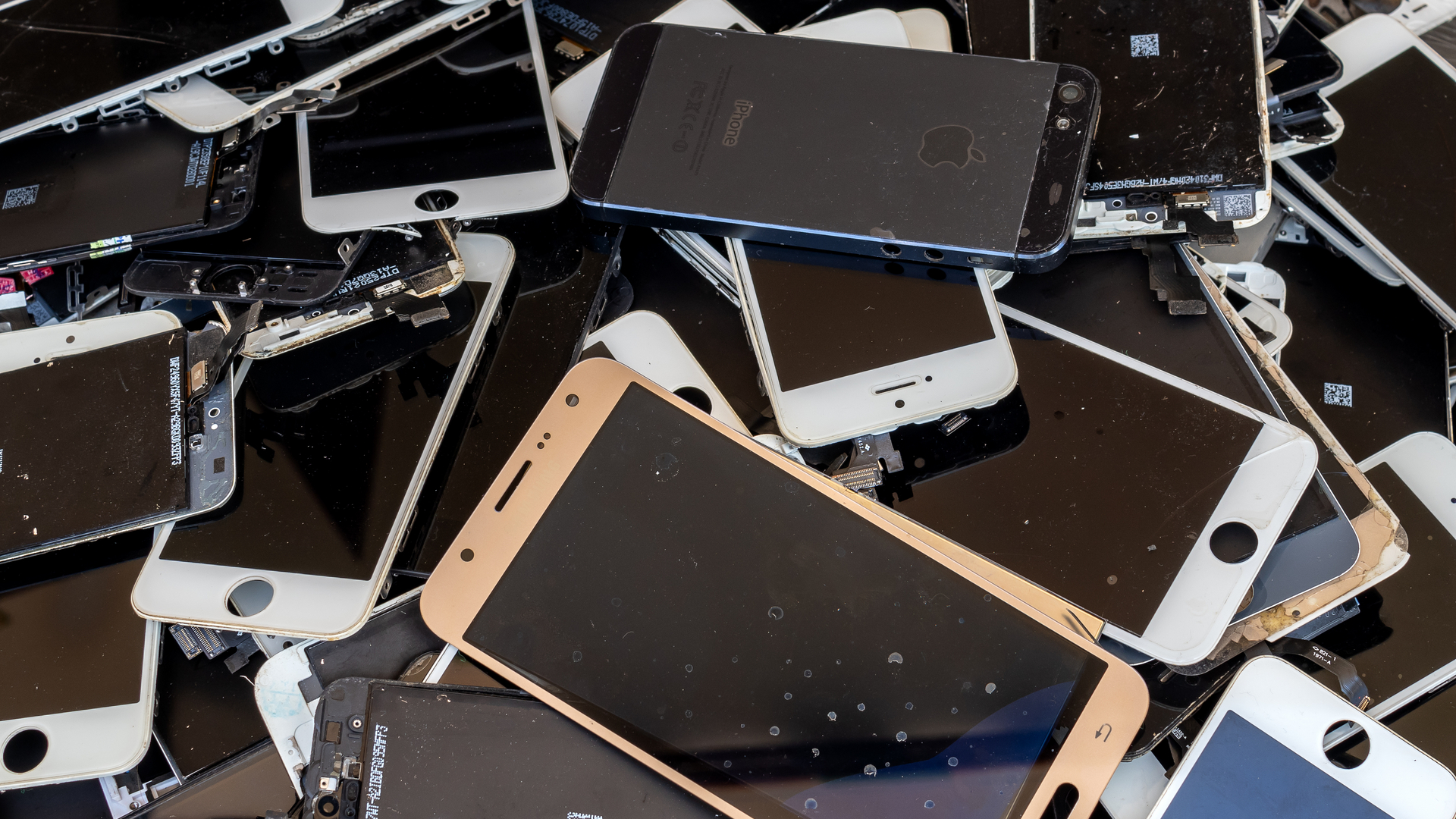BCS: Extend the lifespan of smartphones to tackle chip shortages
The IT industry body calls for OEMs to make devices last for ten years to combat supply challenges


Smartphones and laptops should be manufactured to last longer in order to combat chip shortages, BCS, the Chartered Institute for IT, has said.
The ongoing issues with the production and supply of semiconductors has exposed the "underlying problem" of pushing consumers towards frequent upgrades of smartphones, tablets and other devices, according to the IT industry body.
Both US and European governments have announced plans to tackle the global chip shortage, though the situation is not predicted to ease until the end of 2022.
However, the billions of pounds invested in these plans should have more focus on the growing mountain of electronic waste, according to BCS, which argues that it has the potential to add years to the lifespan of our devices.
"The underlying challenge that must be addressed is the very short lifespan of devices," said Alex Bardell, Chair of BCS Green IT Specialist Group. "The business model for electronics firms is to push their products, like smartphones, on ever-smaller time cycles as a way of generating revenue."
Bardell argues that users wouldn't need as many new devices if laptops, tablets and smartphones lasted for 10 years without "grinding to a halt". The idea goes against the business models of most manufacturers, but Bardell points out that there are not many other consumer products that become obsolete after three years.
A number of smartphone manufacturers have made changes to combat e-waste, though none of these appears to be due to the chip shortage. Companies like Samsung and Apple no longer ship chargers with their new handsets, for example, nd update cycles are extending for some smartphones.
Sign up today and you will receive a free copy of our Future Focus 2025 report - the leading guidance on AI, cybersecurity and other IT challenges as per 700+ senior executives
However, the consumption rate of electronics is increasing by 3% annually, particularly in the smartphone industry, which is a key contributor to e-waste, according to the Waste Electronic and Electrical Equipment Forum.
RELATED RESOURCE

Consumers themselves also want longer device lifespans, according to data from CCS Insight, with 46% of UK consumers citing it as the most important thing a company can do to address environmental concerns.
"We fear that the desire for more prolonged use and repairability will fall on deaf ears as the electronics industry doesn't have a big vested interest in prolonging its product life cycles nor is it particularly beneficial to them to make their products more repairable at present," Ben Wood, chief analyst at CCS Insight told IT Pro.
"We note that most device makers continue to develop products on an annual cycle and to change that would be to fundamentally change the way the industry largely works."
Bobby Hellard is ITPro's Reviews Editor and has worked on CloudPro and ChannelPro since 2018. In his time at ITPro, Bobby has covered stories for all the major technology companies, such as Apple, Microsoft, Amazon and Facebook, and regularly attends industry-leading events such as AWS Re:Invent and Google Cloud Next.
Bobby mainly covers hardware reviews, but you will also recognize him as the face of many of our video reviews of laptops and smartphones.
-
 What is Microsoft Maia?
What is Microsoft Maia?Explainer Microsoft's in-house chip is planned to a core aspect of Microsoft Copilot and future Azure AI offerings
-
 If Satya Nadella wants us to take AI seriously, let’s forget about mass adoption and start with a return on investment for those already using it
If Satya Nadella wants us to take AI seriously, let’s forget about mass adoption and start with a return on investment for those already using itOpinion If Satya Nadella wants us to take AI seriously, let's start with ROI for businesses
